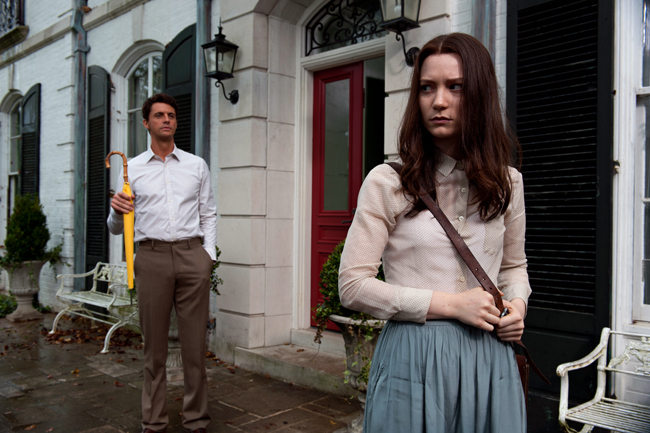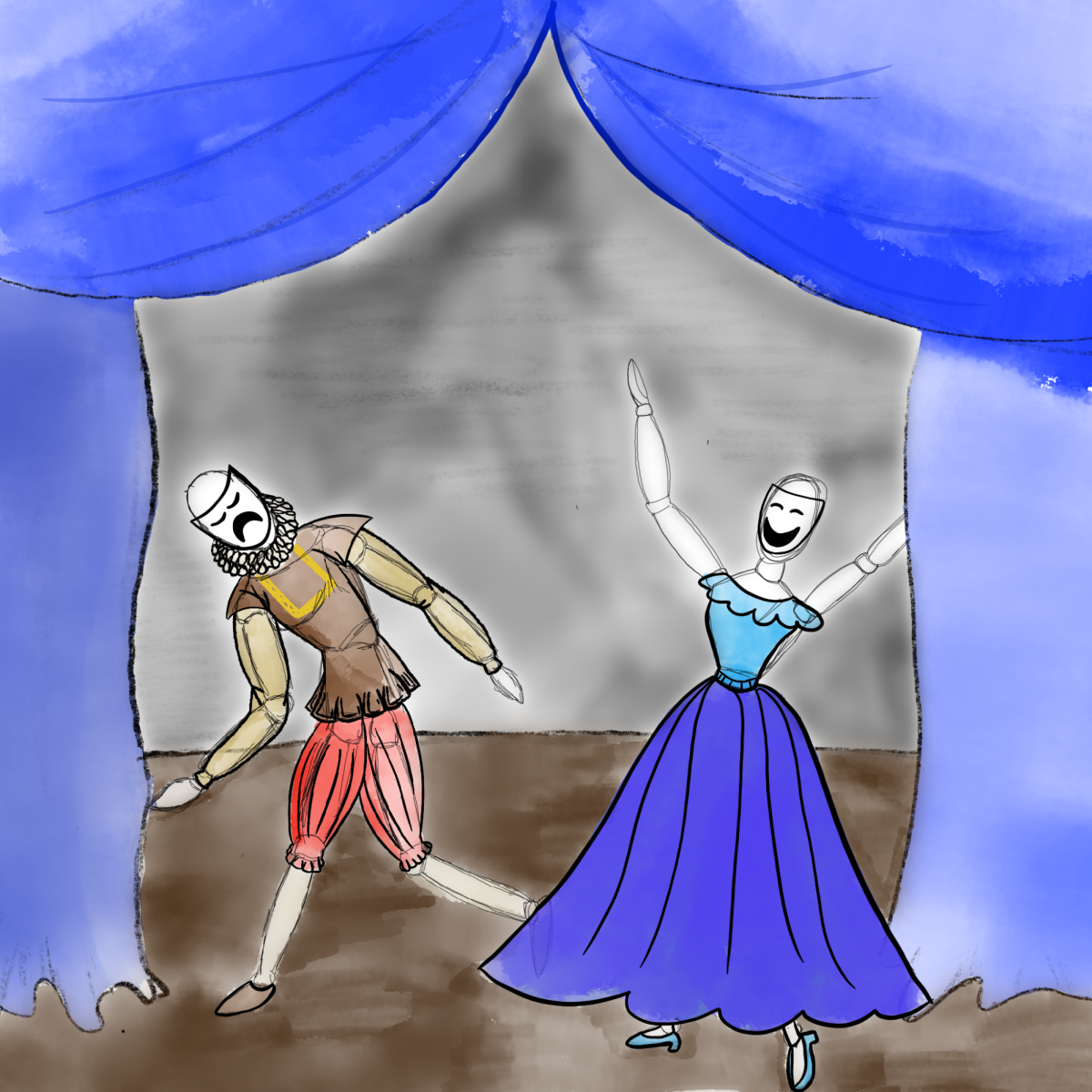Korean director Chan-wook Park has built an overseas following by delivering violent, sensual revenge films with impressive style. Park doesn’t step too far outside of his comfort zone in his English-language debut, “Stoker,” but his atmospheric riff on Alfred Hitchcock’s “Shadow of a Doubt” is a riveting, visually stunning coming-of-age story sure to please fans and curious newcomers alike.
India Stoker (Mia Wasikowska) is a precocious young woman thrown into a funk after her father’s (Dermot Mulroney’s) death on her 18th birthday. As the gulf between the grieving India and her unruffled mother (Nicole Kidman) grows, the arrival of the mysterious Uncle Charlie (Matthew Goode) only complicates things further.
“Stoker”’s plot never gets too complex, and the narrative simplicity may be the film’s sole drawback. There aren’t many surprises hiding under “Stoker”’s surface, and the mysteries that bubble up during the story are barely treated as such, but the stripped-down narrative unfurls mostly in service of Park’s singular directorial vision.
From the very first scene, “Stoker” etches itself as a bold declaration of style, and every moment in the film unfolds with atmospheric, precise imagery. Even the most innocuous of conversations is rendered taut and immediate by Park’s direction, playing out like a visual chess game and making the placement of the camera as exciting as the next line of dialogue. Park spends much of the film in direct dialogue with Hitchcock, and it’s impossible to ignore the film’s narrative ties to Hitchcock’s “Shadow of a Doubt.” Even more impressive is a pivotal scene halfway through the film that sends it barreling in a new direction while staging the most disturbing shower scene since “Psycho.”
Park’s exceptional direction goes beyond imagery to every technical level of “Stoker.” Even the transitions between scenes are bristling pieces of the visual puzzle, and the film’s sharply timed editing is arresting, not to mention crucial to Park’s slowly escalating tension.
“Stoker”’s sound design is equally important, and each crackle and pop builds tension and disorientation effectively, putting us squarely in India’s perspective. The entire film is built around India’s slow coming to terms with the dark truths of her bloodline, and Wasikowska gives a restrained, note-perfect performance, funneling teen angst into something much more sinister.
The rest of the cast gets to chew the scenery, and Goode is the perfect blend of charming and frightening as master manipulator Uncle Charlie. Once “Stoker” puts all its cards on the table, Goode’s transformation into fully unhinged pushes his unsettling charisma into plainly menacing. Nicole Kidman is equally vampy, veering between ice queen and seductress, and the moment when her character’s bitterness bubbles over into furious anger is a painfully toxic moment.
“Stoker” is an unusual film, more concerned with style than narrative, but grippingly told nonetheless. The film is exhilaratingly directed, every shot is gorgeously composed and each performance delicately measured. The blend of misguided sexual tension and beautifully rendered bloodshed makes “Stoker” an interesting oddity and a promising American debut for Park.





















